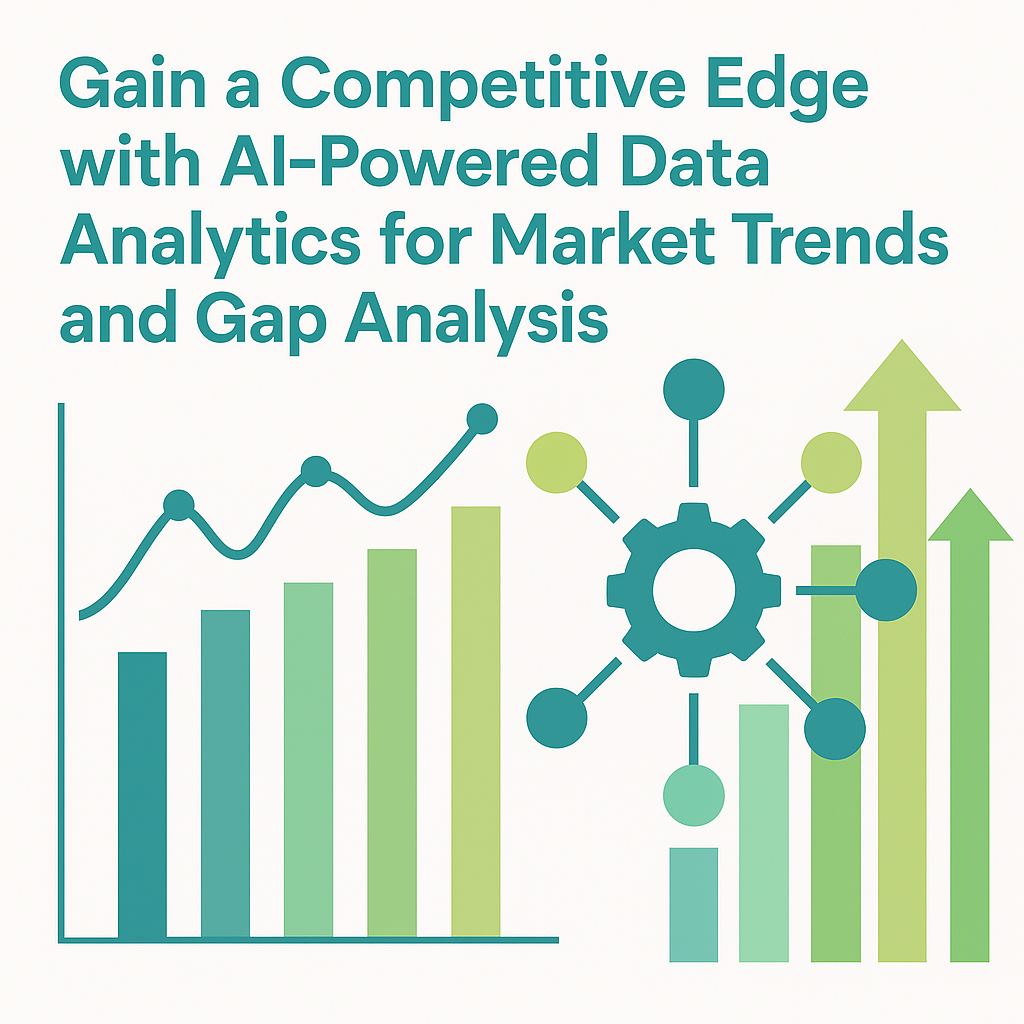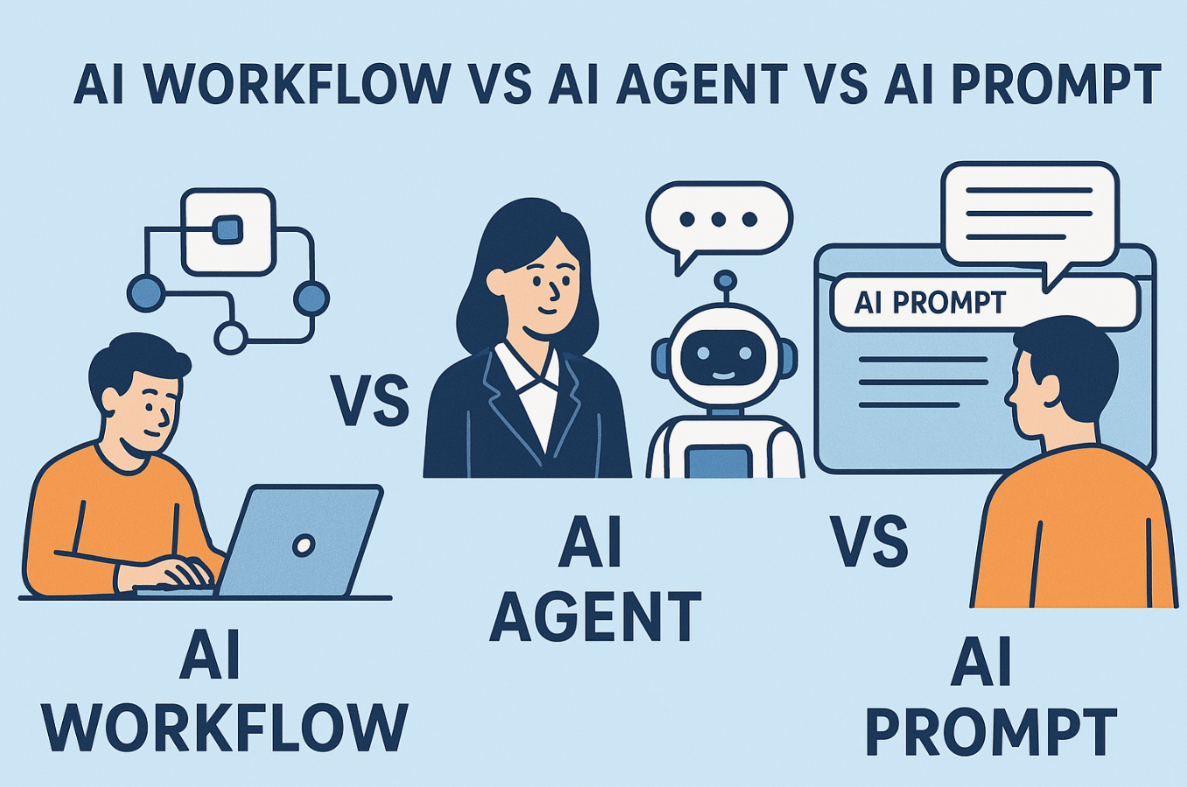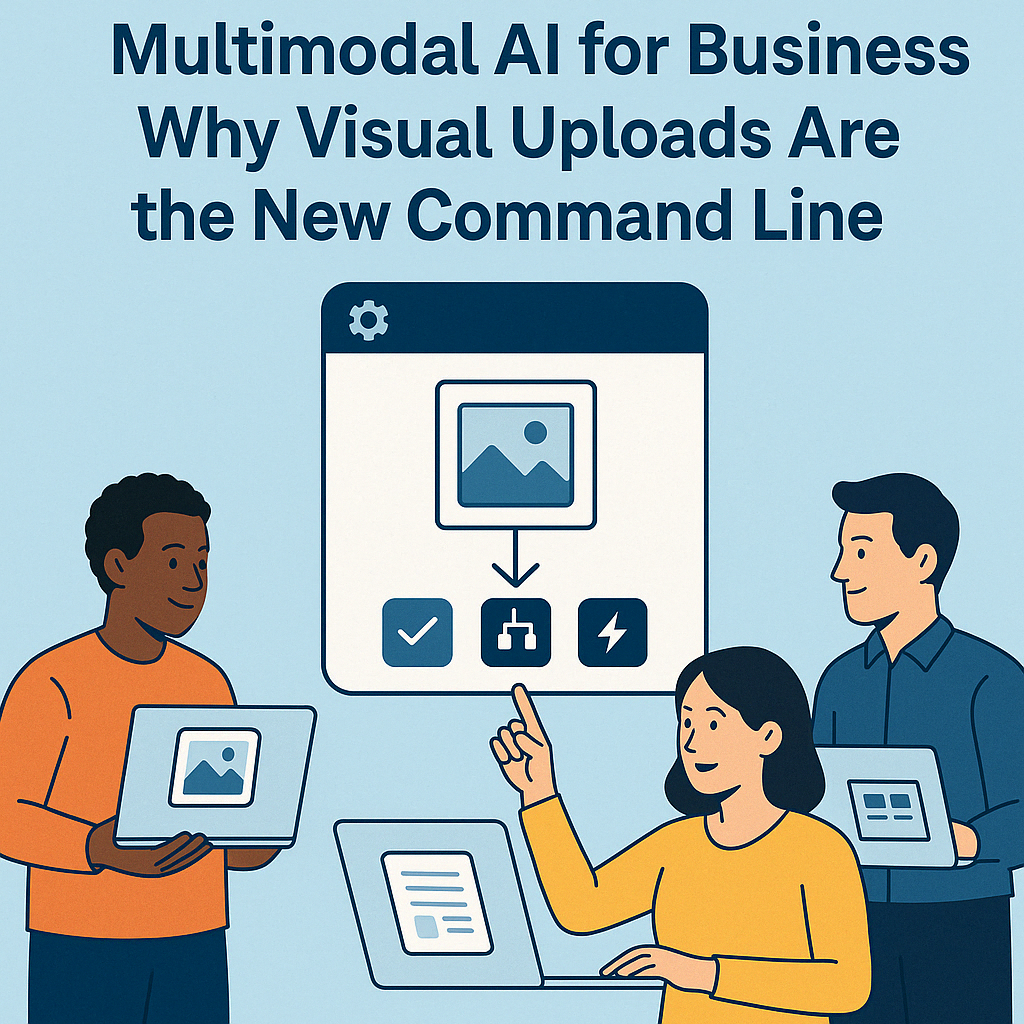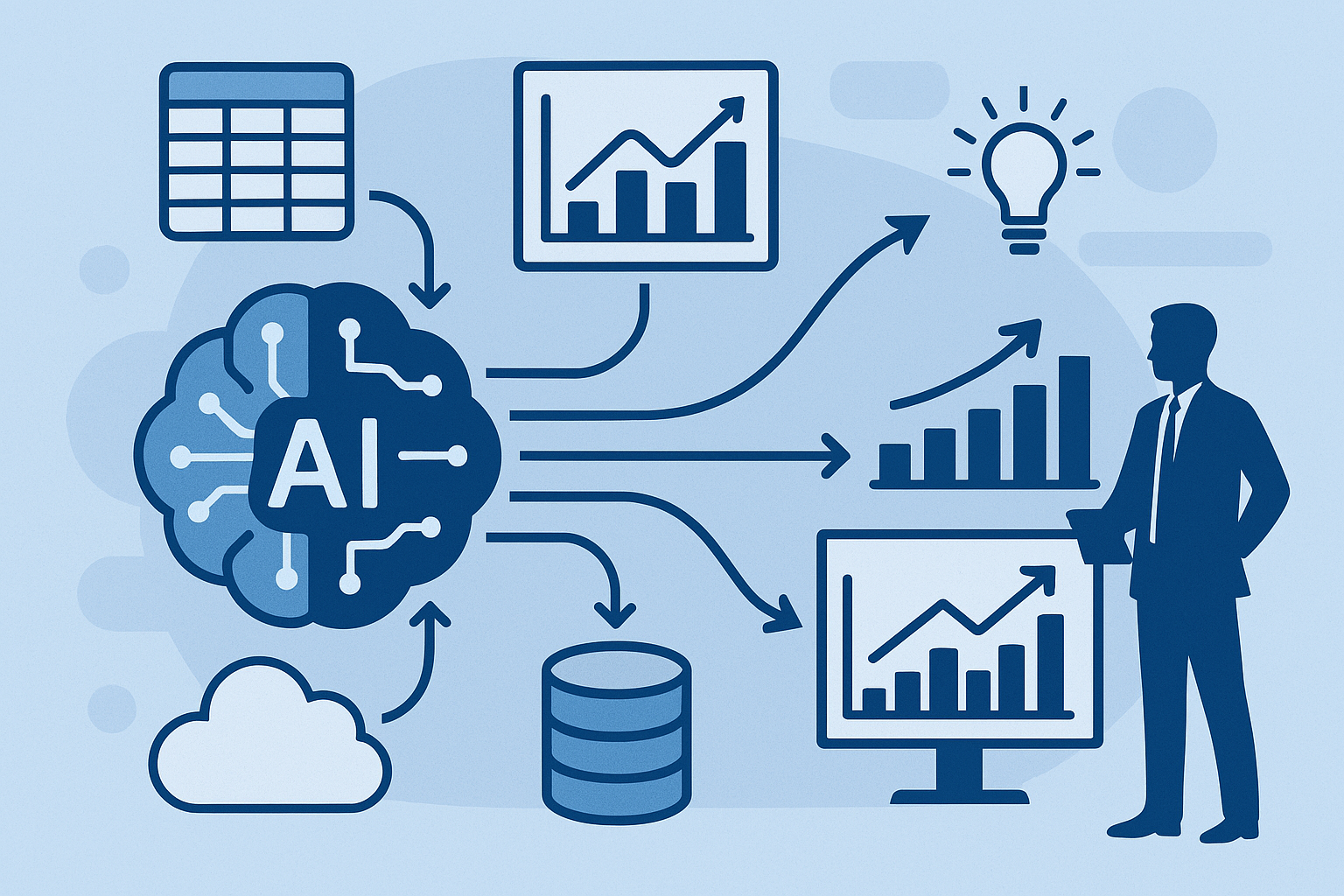AI transforms data analytics into a powerful tool for actionable marketing insights, reshaping how businesses develop strategies and connect with their audiences. With AI, data becomes more than just numbers—it turns into a roadmap for growth and success. This article will show you how AI can revolutionize your marketing.
AI transforms data analytics into actionable marketing insights by:
- Uncovering hidden patterns in customer behavior
- Providing real-time analytics to guide decision-making
- Automating personalized marketing strategies at scale
These capabilities enable businesses to move from reactive to proactive marketing, creating measurable and impactful results.
Key Takeaways
- AI transforms data analytics into actionable marketing insights that drive measurable growth.
- Real-time analytics and predictive tools enable businesses to stay ahead of market trends.
- Small businesses can leverage affordable AI tools to scale effectively.
- Success with AI begins with understanding your data and aligning it with strategic goals.
- Partnering with experts in AI implementation ensures seamless integration and long-term benefits.
Are you curious about how AI transforms data analytics into actionable insights for your business? We’ll explore how these innovative tools unlock growth opportunities and operational efficiencies. Keep reading to discover the full potential of AI-driven marketing.
Table of Contents
How AI Transforms Data Analytics into Actionable Insights
AI transforms data analytics by bridging the gap between raw data and strategic marketing decisions. Businesses often struggle with vast amounts of data that seem disconnected from day-to-day operations. AI steps in to analyze this data, uncovering trends and actionable insights that drive smarter strategies.
For example, AI tools can segment customer behaviors, revealing purchasing patterns and preferences that might otherwise go unnoticed. These insights allow businesses to tailor campaigns that resonate more deeply with their audience, improving engagement and conversion rates.
When AI integrates with analytics platforms, it enables real-time decision-making. This agility is essential in today’s fast-paced marketing landscape, ensuring that opportunities are seized the moment they arise.
The Key Benefits of AI in Marketing Analytics
AI transforms data analytics by delivering benefits that align with business goals:
- Real-Time Insights: Traditional analysis methods often lag behind market changes. AI processes data instantly, enabling businesses to adjust campaigns on the fly. This adaptability helps capture opportunities as they emerge, such as refining ad performance during a live campaign or responding quickly to shifts in consumer behavior.
- Personalized Experiences: AI excels at creating tailored customer journeys, from email content to targeted ads, enhancing user satisfaction and loyalty. By analyzing customer preferences and behavior, AI ensures every interaction feels relevant and engaging, building stronger connections with audiences.
- Operational Efficiency: By automating repetitive tasks, AI saves time and resources, allowing teams to focus on creative strategy and innovation. Small businesses especially benefit from AI as it can handle time-consuming processes like scheduling social media posts, segmenting email lists, and even managing customer inquiries through AI agents. Implementing ai automation ensures that limited resources are used effectively, driving better outcomes with less effort.
These benefits are incredibly impactful for small businesses aiming to scale. With AI-powered tools, even limited budgets can achieve substantial ROI, enabling growth without significant staffing increases or expenses.
Turning Numbers into Narratives: The Power of AI
Data is only valuable when it tells a story. AI transforms data analytics by identifying patterns and contextualizing them in ways that inform strategic decisions. 92% of companies using AI for data storytelling report increased productivity and efficiency in their decision-making processes
Predictive analytics is a prime example of this storytelling ability. AI analyzes historical data to forecast future trends, empowering businesses to plan campaigns with greater confidence. For instance, a healthcare business might predict seasonal increases in service demand and allocate resources accordingly.
AI-generated visualizations further enhance understanding. Dashboards and reports turn complex datasets into easily digestible graphics, helping teams see the big picture without getting lost in the numbers.
These narratives ensure businesses stay proactive, using data as a foundation for sustainable growth.
AI Transforms Data Analytics for Small Businesses
Adopting AI can seem daunting for small businesses. However, AI tools are increasingly accessible and offer scalable solutions that address specific challenges.
Small businesses often lack the resources to analyze large datasets manually. AI levels the playing field by automating this process. For example, a B2B services company can use AI to identify high-value clients and optimize outreach strategies.
Affordable platforms like HubSpot, Zoho, and Mailchimp now incorporate AI features. These tools provide personalized recommendations, automate customer segmentation, and streamline lead management—making them perfect for businesses aiming to grow without increasing overhead.
By integrating AI, small businesses can gain competitive advantages, ensuring they stay relevant in an ever-changing market.
Achieving Success with AI-Driven Marketing Strategies
AI-driven strategies offer a clear path to success by focusing on growth and innovation. Companies across industries are leveraging AI to identify opportunities and refine their approaches.
One example is a trade services company that used AI to predict client needs based on past interactions. By aligning these insights with marketing efforts, they increased repeat business by 30%.
To get started, businesses should:
- Evaluate current data processes and identify inefficiencies.
- Research AI tools tailored to their industry and budget.
- Train teams to use AI effectively and align insights with business goals.
With the right approach, AI transforms data analytics into a cornerstone of business success. Are you ready to explore how AI can help your business? Schedule a Strategy session with an AI consultant at Inkyma. We can help you set up and navigate the world of AI.
What types of businesses benefit most from AI-driven data analytics?
AI-driven data analytics is highly adaptable and benefits a wide range of businesses. Small businesses in trades, healthcare, and B2B services can use AI to streamline marketing efforts, improve customer retention, and enhance decision-making. Even companies with limited budgets can leverage affordable AI tools to scale efficiently and compete with larger organizations.
How does AI improve customer segmentation?
AI enhances customer segmentation by analyzing vast datasets to identify patterns and behaviors that traditional methods may overlook. It uses factors like purchasing history, browsing habits, and demographic data to create precise audience segments. This allows businesses to deliver highly personalized marketing messages that resonate with specific groups, driving engagement and conversions.
Is implementing AI in marketing complicated or expensive?
Implementing AI in marketing has become increasingly accessible and affordable. Many tools, such as HubSpot, Mailchimp, and Zoho, now include AI-driven features designed for ease of use. These platforms require minimal technical expertise, making it simple for small businesses to adopt AI without significant costs or operational disruptions.












